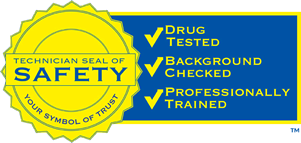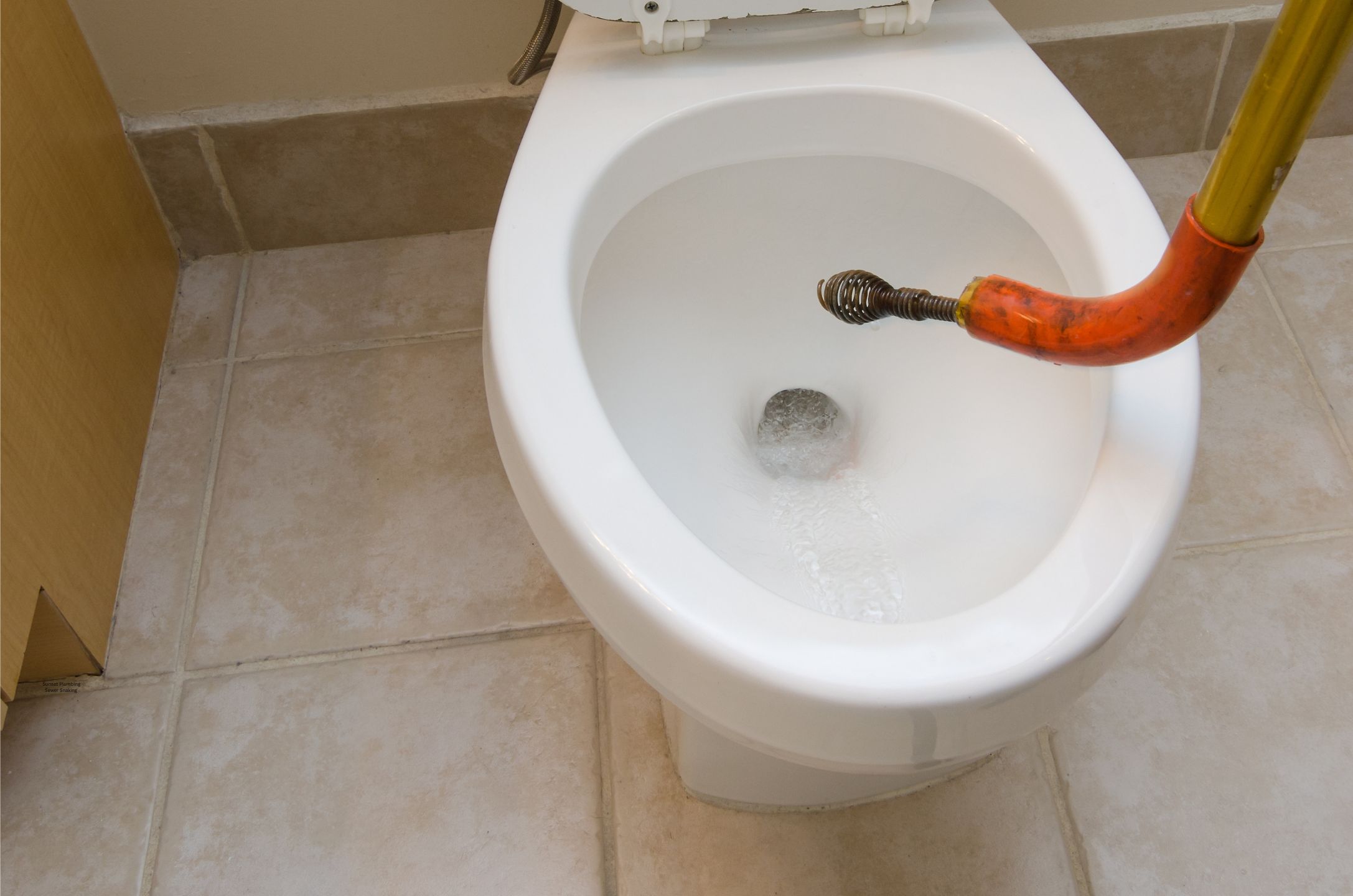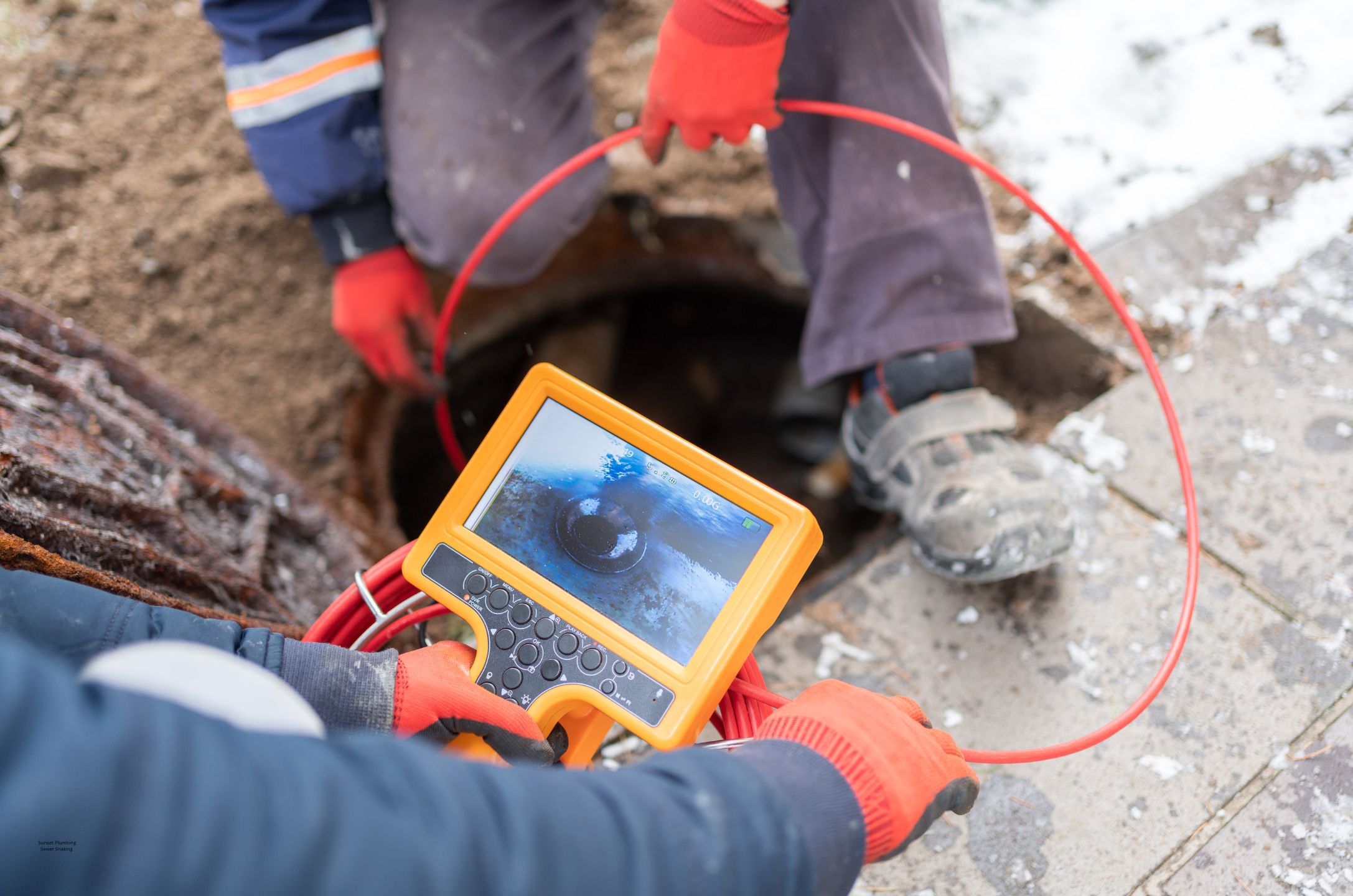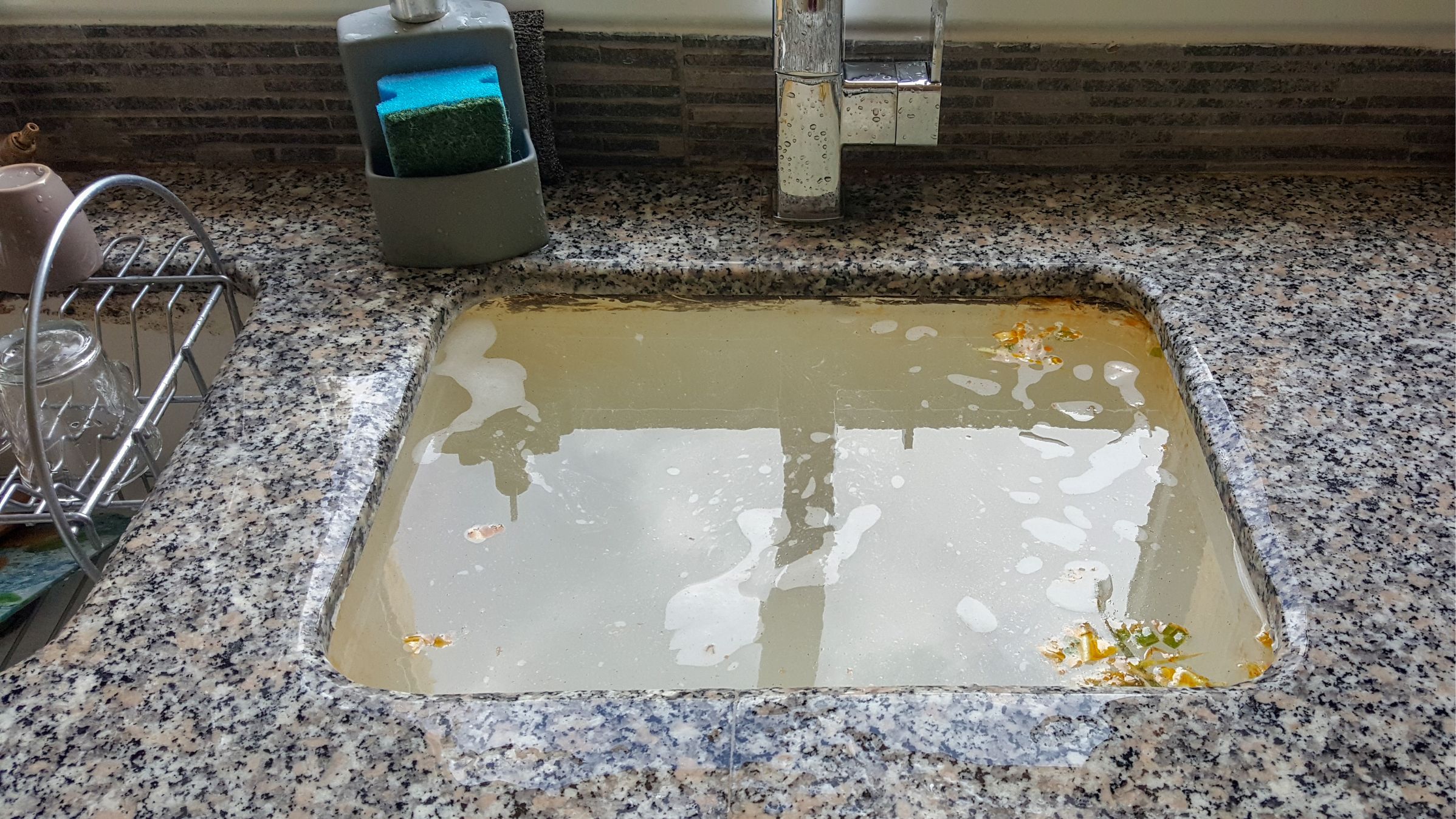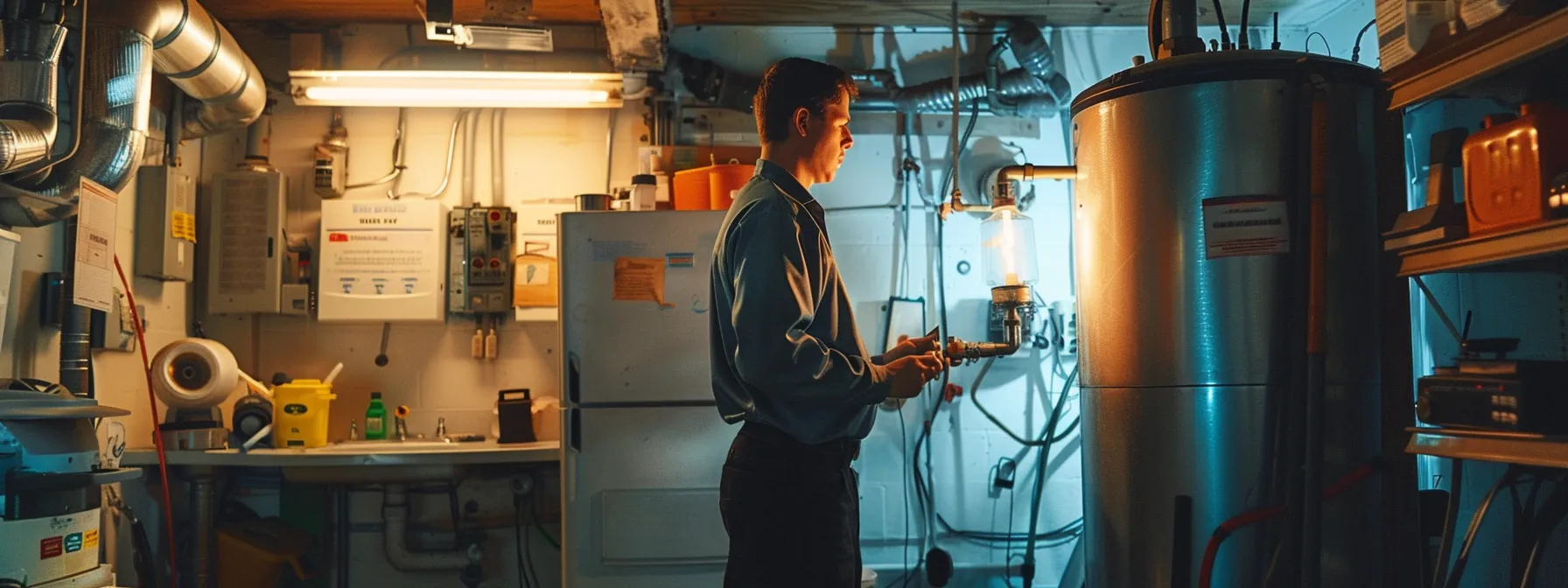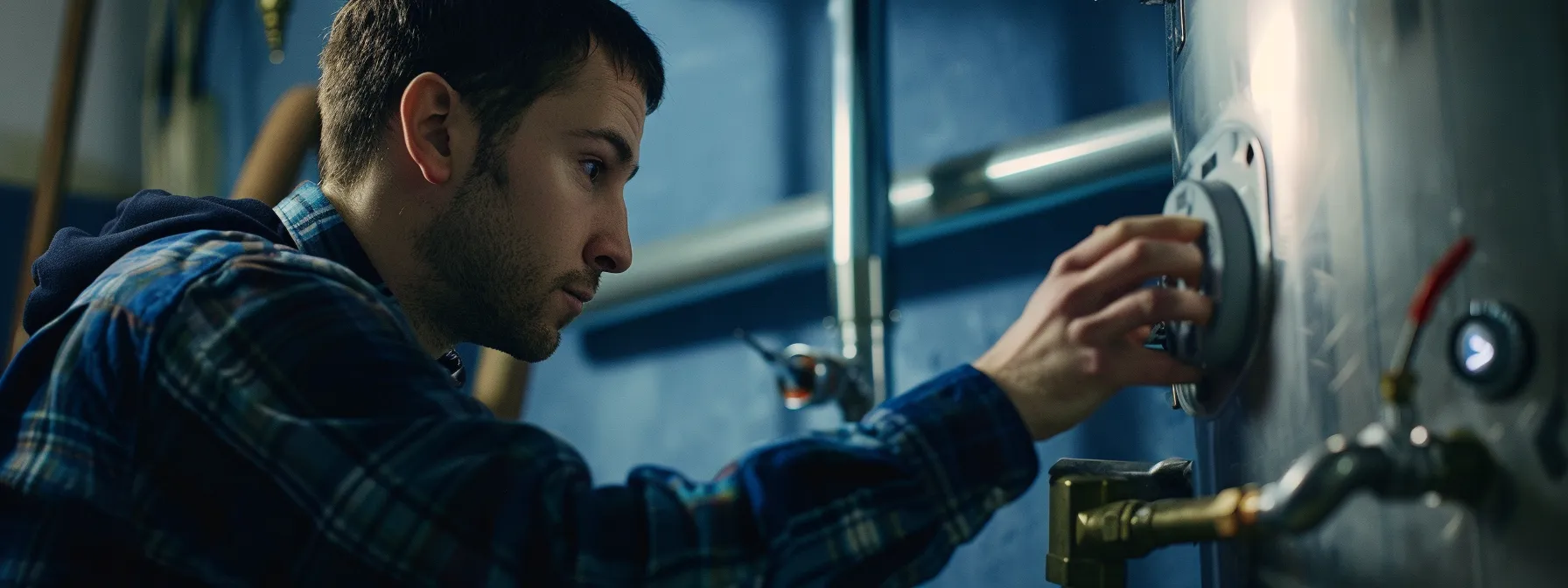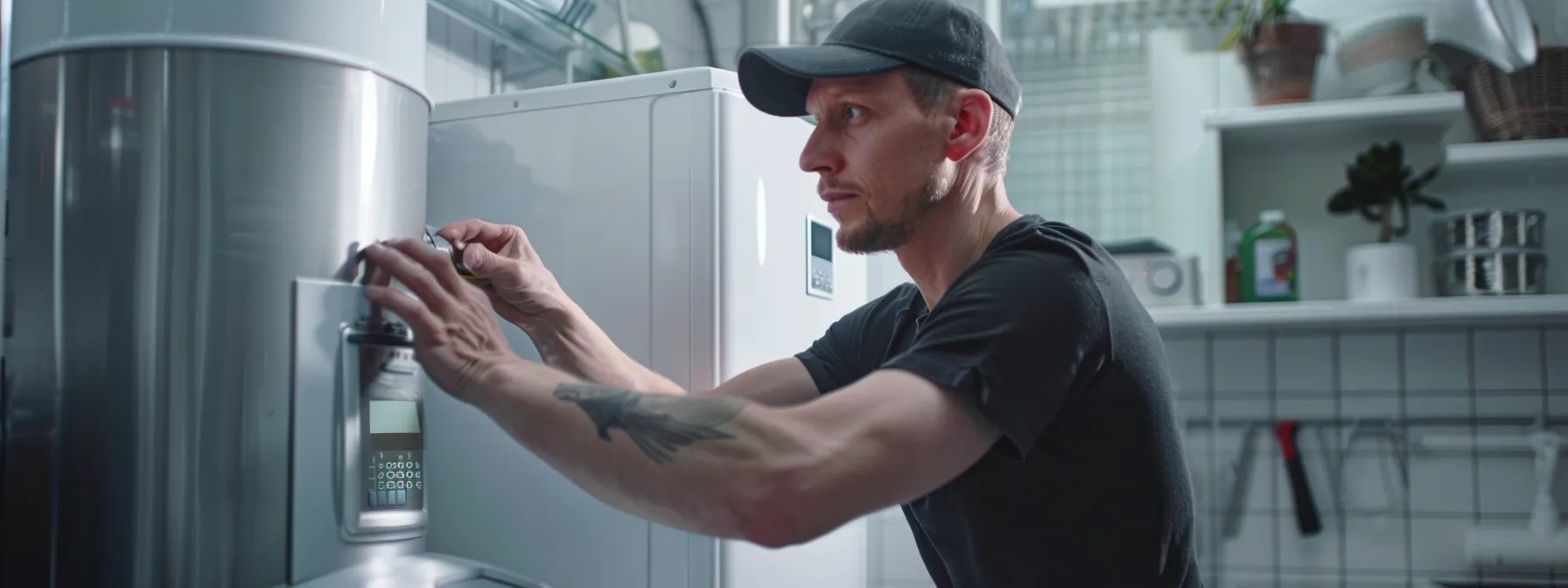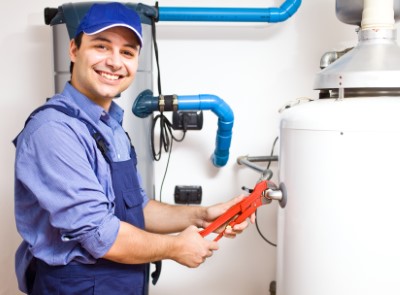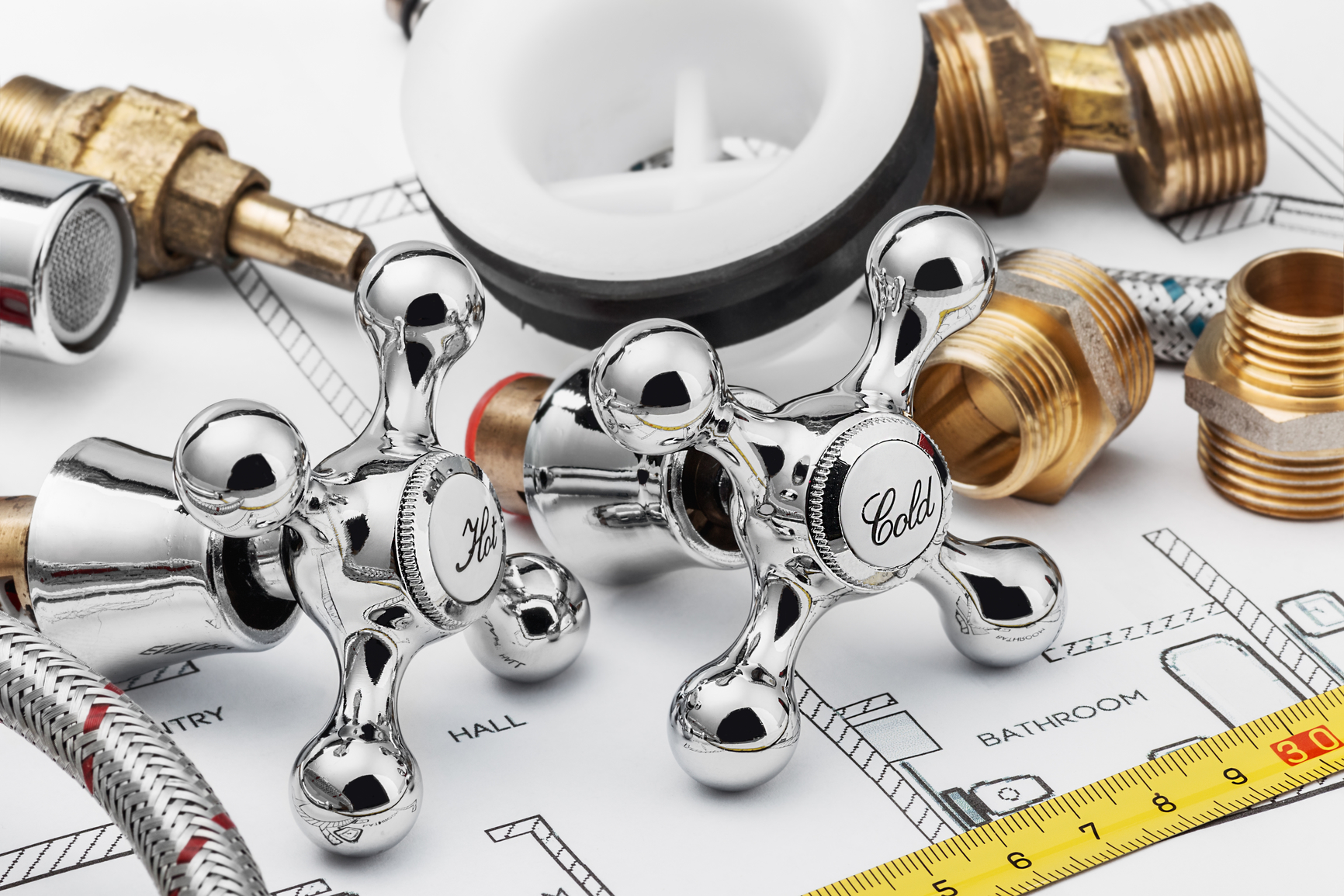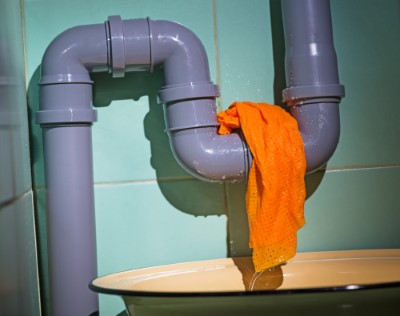Introduction
So, you’ve tried snaking your sewer, but the clog just won’t budge? It’s a frustrating scenario, and you’re not alone. Addressing sewer clogs promptly is crucial for maintaining a functional plumbing system and avoiding potential health hazards.
Understanding Sewer Clogs
Sewer clogs are a common but troublesome issue that can disrupt daily living. Understanding what causes these clogs and how to address them can save you from extensive damage and costly repairs.
Common Causes of Sewer Clogs
Sewer clogs can result from a variety of issues. Over time, materials such as grease, hair, soap scum, and food waste accumulate in the pipes, creating blockages. Additionally, tree roots can infiltrate the pipes, causing severe clogs. These roots grow towards the moisture in the pipes, eventually breaking through and obstructing the flow of water.
Signs of a Clogged Sewer
Recognizing the signs of a clogged sewer early can prevent major problems. Look out for:
- Slow Draining Sinks: Water takes longer than usual to drain in the kitchen sink or bathroom sinks.
- Gurgling Noises: Drains make unusual sounds, indicating trapped air caused by a blockage.
- Unpleasant Odors: Foul smells emanating from drains or toilets.
- Water Backup: Water backing up into the kitchen sinks, tubs, or toilets, indicating a significant blockage.
What is Snaking?
Snaking is a common method used to clear sewer clogs. It involves using a specialized tool, known as a plumbing snake or auger, to reach and remove blockages within the pipes.
Explanation of the Snaking Process
The snaking process begins with inserting a long, flexible auger into the clogged pipe. The tool is then rotated to break up the clog or pull it out. This method is effective for dislodging various types of blockages, including those caused by hair, grease, and other debris.
Types of Snake Tools
There are different types of snake tools available, each designed for specific types of clogs and pipe sizes:
- Manual Hand Augers: These are simple, hand-cranked tools suitable for minor clogs in household drains.
- Drum Augers: These tools feature a rotating drum and are more powerful, making them suitable for tougher clogs in larger pipes.
- Electric-Powered Augers: These advanced tools are used by professionals for severe blockages and can clear larger pipes with ease.
Understanding the types of snake tools and their uses can help you choose the right one for your clog situation.
Why Snaking Sometimes Fails
Insufficient Snaking Technique
Using the wrong type of snake or applying an inadequate technique can lead to incomplete clog removal. Not all clogs are the same, and it’s essential to match the tool and method to the specific type of blockage. For instance, a smaller snake might not reach deep clogs, while an overly rigid one might not navigate bends effectively. Proper training and experience are crucial for effective snaking.
Blockage Types Resistant to Snaking
Certain types of blockages are particularly resistant to snaking. For example, solidified grease can coat the pipes and resist the mechanical action of a snake. Similarly, large tree roots infiltrating the sewer line can be too tough for a standard snake to handle. These types of obstructions often require more robust solutions.
Structural Issues in Pipes
Damaged or misaligned pipes can significantly impede the effectiveness of snaking. If the pipe is cracked, collapsed, or has severe misalignments, a snake might not be able to pass through or dislodge the clog properly. In such situations, advanced repair methods are necessary to address the underlying structural issues.
Advanced Sewer Cleaning Techniques
Hydro Jetting
Hydro jetting is a powerful technique that uses high-pressure water to blast away clogs and thoroughly clean the pipes. This method is highly effective for stubborn blockages, such as hardened grease or invasive tree roots, and leaves the pipes in better condition by removing all debris and buildup.
Camera Inspections
Camera inspections involve sending a small, specialized camera into the sewer line to identify the exact location and nature of the clog. This precise diagnostic tool ensures that the treatment is accurately targeted, reducing the risk of recurring problems and unnecessary digging.
Chemical Treatments
Chemical treatments can dissolve clogs that are resistant to mechanical removal methods. However, these chemicals must be used cautiously to avoid damaging the pipes. Professional guidance is recommended to ensure the correct type and amount of chemical is used, balancing effectiveness with safety.
When to Call a Professional
Indicators That You Need Expert Help
If snaking and DIY methods fail to resolve your plumbing issues, it’s time to call a professional. Persistent clogs, repeated backups, and unusual noises from the pipes are clear signs that you need expert intervention. Additionally, if you notice water pooling around your drains, slow drainage in multiple fixtures, or a foul odor emanating from your plumbing, these are indications of deeper issues that require professional attention.
What Professionals Can Offer That DIY Can’t
Professionals have access to advanced tools and techniques that go beyond typical DIY capabilities. These include hydro jetting, which uses high-pressure water to clear out tough clogs and debris, and camera inspections that allow for precise identification of blockages and pipe damage. Professionals are also trained to handle complex plumbing systems safely and effectively, ensuring that the root cause of the problem is addressed, preventing future issues.
Preventative Measures to Avoid Future Clogs
Regular Maintenance Tips
Regular maintenance is key to keeping your plumbing system in top condition. Clean your drains routinely and use enzyme-based cleaners to break down organic buildup safely. Schedule professional inspections and cleanings annually to catch potential issues early before they develop into major problems. These proactive measures can extend the life of your plumbing system and save you from costly repairs down the line.
Proper Disposal Practices
Proper disposal practices are crucial in preventing clogs. Avoid flushing non-degradable items like wipes, feminine hygiene products, and paper towels. Dispose of grease, oils, and food waste in the trash rather than pouring them down the drain. Using drain strainers can also help by catching hair, food particles, and other debris, preventing them from entering and clogging your pipes.
Understanding the Costs Involved
DIY vs. Professional Costs
While DIY methods are typically cheaper upfront, they can lead to recurring issues that add up over time. Professional plumbing services might seem expensive initially, but they provide thorough and lasting solutions, potentially saving you money in the long run. Investing in professional help ensures that the problem is properly diagnosed and fixed, reducing the likelihood of repeated issues and additional expenses.
Long-term Savings of Proper Maintenance
Investing in regular maintenance can significantly reduce the risk of major plumbing issues, leading to substantial long-term savings. Routine inspections and cleanings help to identify and address small problems before they become costly repairs. Maintaining your plumbing system properly can also extend its lifespan, providing you with a more efficient and reliable system and avoiding the high costs associated with emergency repairs and replacements.
Common Myths About Sewer Clogs
Myths vs. Reality
There are many myths surrounding sewer clogs, such as using boiling water or harsh chemicals to clear any blockage. In reality, these methods can often cause more harm than good. Boiling water can damage PVC pipes, and harsh chemicals can corrode your plumbing, leading to leaks and further damage.It’s important to rely on proven, safe methods and seek professional advice when dealing with persistent or severe clogs to avoid exacerbating the problem.
DIY Solutions to Try Before Calling a Professional
Home Remedies and Tools
Before calling a professional plumber, there are several DIY solutions you can try to resolve minor clogs. Start with a plunger, which can often dislodge simple blockages in sinks, toilets, and showers. Another effective method is using a mixture of baking soda and vinegar. Pour baking soda down the drain, followed by vinegar, and let the fizzing action break down the clog. After about 15 minutes, flush the drain with hot water. For more stubborn clogs, a drain snake can be used to reach deeper blockages. These tools are relatively inexpensive and can be effective for minor issues, potentially saving you a service call.
How to Choose the Right Professional Service
What to Look for in a Plumbing Service
When it’s time to call a professional, choosing the right plumbing service is crucial. Look for licensed and insured professionals to ensure that you’re getting qualified and reliable service. Check online reviews and ask for recommendations from friends or family to find a plumber with a good reputation. Transparent pricing is also important; you should be able to get an estimate before any work begins. Additionally, consider their experience and availability, especially if you need urgent assistance.
Questions to Ask
When evaluating potential plumbing services, ask about their experience with similar issues to ensure they have the expertise needed for your problem. Inquire about the methods they use and whether they employ advanced techniques like hydro jetting or camera inspections. It’s also important to ask if they offer guarantees on their work, which can provide peace of mind and protection against future problems.
Customer Testimonials
Real-life Experiences
Hearing from other customers who have dealt with similar plumbing issues can provide valuable insights and reassurance. Look for customer testimonials on the plumbing service’s website or review platforms like Yelp or Google Reviews. Real-life experiences can help you understand the quality of service provided, the professionalism of the plumbers, and the overall satisfaction of past clients. Positive testimonials can give you confidence in your choice, while negative reviews can serve as warnings.
Environmental Impact of Sewer Maintenance
Eco-friendly Practices
Choosing professionals who use environmentally friendly methods and products can help reduce the environmental impact of sewer maintenance. Look for plumbers who use non-toxic, biodegradable cleaners and techniques that minimize water waste. Proper maintenance of your sewer system also helps prevent environmental contamination from leaks and backups, which can have serious ecological consequences. By opting for eco-friendly practices, you contribute to a healthier environment and a sustainable community.
Legal and Health Implications
Potential Consequences of Ignoring Sewer Issues
Ignoring sewer issues can lead to severe health hazards, including exposure to harmful bacteria and pathogens from sewage backups. These problems can also cause significant property damage, leading to expensive repairs and devaluation of your home. Additionally, if sewer issues affect neighbors or public areas, you could face legal consequences and liability for damages. Addressing sewer problems promptly is essential to protect your health, property, and legal standing.
Conclusion
In summary, snaking is a useful tool but not always the ultimate solution for sewer clogs. Understanding when to use advanced methods and when to call a professional can save you time, money, and frustration. Regular maintenance and proper disposal habits are key to preventing future clogs.
If you need a hand with your plumbing needs, Sunset Plumbing of Bend is here to help. Give us a call: 541-382-0109 or reach out to us on our contact page.
FAQs
- Why is my sewer still clogged after snaking? Snaking might not have reached the clog, or the clog could be too tough for the snake to remove. It could also indicate a more serious issue with your pipes.
- What are the best preventative measures for sewer clogs? Regular maintenance, proper disposal of waste, and using enzyme-based cleaners can help prevent clogs.
- Is hydro jetting safe for all types of pipes? Hydro jetting is generally safe but should be performed by a professional to ensure it doesn’t damage older or fragile pipes.
- Can chemical treatments damage my pipes? Some chemicals can be harsh and damage pipes, especially if used frequently. It’s best to use them sparingly and consult a professional.
- How do I choose the right plumber for my sewer issues? Look for licensed, insured professionals with good reviews and transparent pricing. Experience with similar issues and availability are also key factors.

